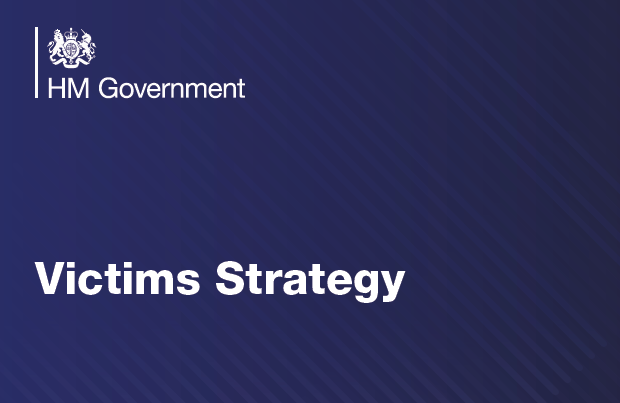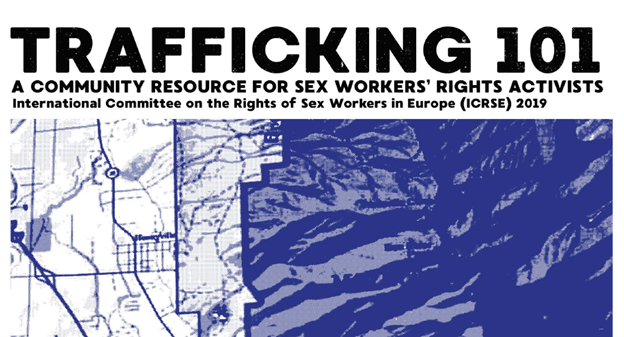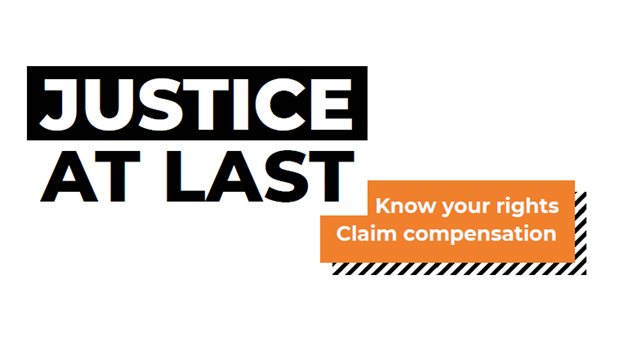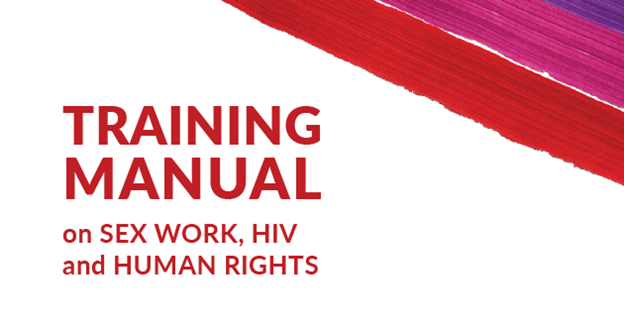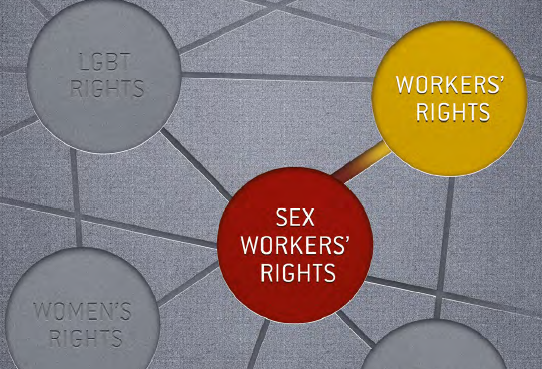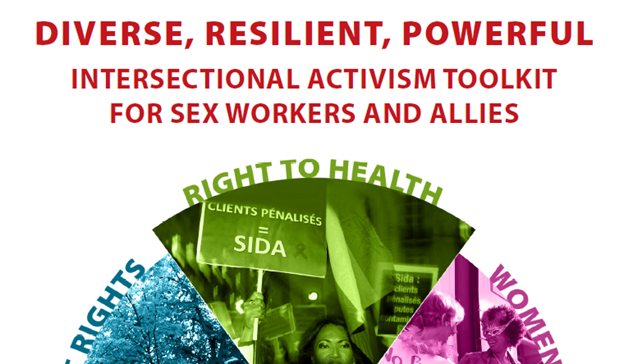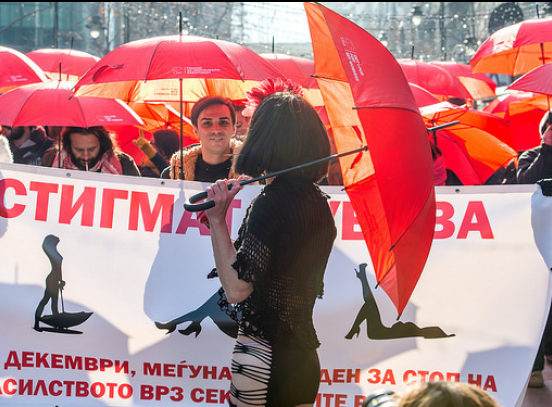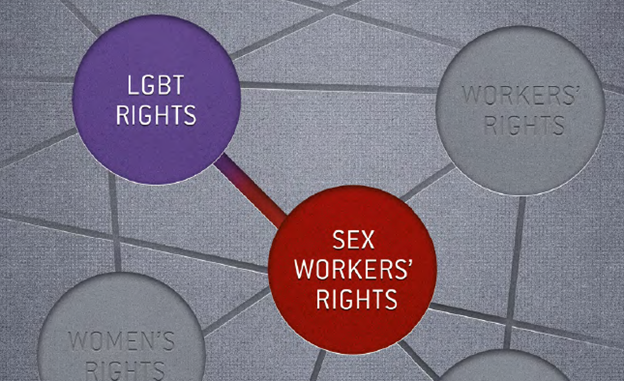For a quick search in the Knowledge database below, please use the search box. Also, note that using one or more of the dropdown filters will optimise your search.
Watch this video to find out more about our Knowledge Database and the publications we have collected here for you: video
Knowledge Database
-
Victims Strategy
Government of the UK | Published in 2018
This cross-government Victims Strategy sets out a criminal justice system wide response to improving the support offered to victims of crime and incorporates actions from all criminal justice agencies, including the police, CPS and courts.
Keywords: justice, victim services, victims' rights -
Exploring Victims’ Interactions with the Criminal Justice System
Department of Justice and Equality | Published in 2019
This project brings together a body of evidence on best practices that help to increase victim satisfaction, enhance victim wellbeing and encourage victims to participate in, or stay involved with, the criminal justice process. It is hoped that the review will provide stakeholders with a deeper understanding of victim interactions with the criminal justice system and an evidence base that can be used to enhance victims’ experiences within the criminal justice system. The review will also constitute a valuable resource for researchers and act as a springboard for future empirical research on best practice in this area.
Keywords: justice, support, victim services, victims' rights -
Trafficking 101: A Community Resource for Sex Workers’ Rights Activists
The purpose of this community resource is to increase the understanding of sex workers’ rights organisations on human trafficking policies and priorities in Europe and Central Asia. The document has the ambition to be as brief as possible and thus picks only some aspects of the trafficking in human beings phenomenon. The text explains the definitions and terms used in international human trafficking policies and presents reasons why the definitions are still challenging even after nearly 20 years of their introduction. Furthermore, the resource summarises what can indicate human trafficking according to international standards. As human trafficking is broadly considered as a gross violation of human rights, the document also gives an overview of the rights that all victims of trafficking should enjoy, accompanied by short descriptions of challenges in their realisation.
Keywords: human trafficking, sex work, sexual violence, victim services, victimisation, victims' rights -
Meeting the needs of victims in the criminal justice system
CJJI | Published in 2014
In September 2014, criminal justice Ministers announced the intention of the four criminal justice inspectorates to produce an annual joint appraisal of the quality of services provided to victims in the UK, based on relevant findings from the year’s inspections. This document represents the first fulfilment of this commitment. This report does not seek to provide a full-scale check on agencies’ compliance with the Victims’ Code. It does, however, bring together relevant material from individual and joint inspection reports in order to provide a good overview of the quality of service experienced by victims.
Keywords: compensation, support, victim services, victimisation, victims' rights -
Justice at Last: Cooperation On Access To Compensation In Cross-border Context
This paper explores the cooperation of state and non-state actors in cross-border cases within the European Union, focusing specifically on victims' access to compensation.
Keywords: compensation, cross-border crime, victims' rights -
Training Manual on Sex Work, HIV, and Human Rights
ICRSE | Published in 2015
This training manual was developed by the International Committee on the Rights of Sex Workers in Europe (ICRSE) as a means to limit the impact of HIV and AIDS among sex workers in the European region and to encourage and facilitate sex workers’ involvement and collective leadership in the response to HIV/AIDS. It is intended to serve as a tool for organising and leading participatory community training on issues related to sex workers’ vulnerability to HIV and human rights. As such, the manual aims to provide individual sex workers and sex worker collectives with the knowledge, skills, and capacity needed to effectively engage in advocacy for sex workers’ right to health at the local, national and international level. This manual can also be used by service providers and allies who want to support meaningful participation and the leadership of sex workers in the design, implementation, monitoring and evaluation of HIV programming.
Keywords: capacity building, sex work -
Understanding sex work as work: A brief guide for labour rights activists
ICRSE | Published in 2017
This brief guide intends to provide labour rights activists and trade unionists interested in including sex workers in their fight for labour rights with basic information on the struggle for the recognition of sex work as work and the correlation between the criminalised nature of the sex industry and labour exploitation.
Keywords: intersectionality, sex work, victims' rights -
Diverse, Resilient, Powerful: Intersectional Activism Toolkit for Sex Workers and Allies
This toolkit, based on ICRSE’s five Intersection Briefing Papers published between 2015 and 2017, aims to help sex workers explore the intersections of sex workers’ rights with other rights such as those connected with LGBTQ people, women, workers, migrants and health and raise awareness of our common struggles. We hope that this resource will serve as a tool to increase solidarity within sex worker and other marginalised communities and contribute to equipping sex workers and activists in other social justice and human rights movements with knowledge on the powerful ways of advocating for sex workers’ rights across various contexts.
Keywords: capacity building, intersectionality, sex work, victims' rights -
Exploitation: Unfair labour arrangements and precarious working conditions in the sex industry
ICRSE | Published in 2016
This community report aims to engage in the discussion over exploitation in the sex industry, while simultaneously challenging the neo-abolitionist definition of sex work (or ‘prostitution’) as ‘sexual exploitation’. It argues that this approach obscures the complex realities of sex workers’ lives and work arrangements, and in consequence fails to address the diversity of exploitative working practices that do occur in the sex industry. Both sex work, as form of work and income-generating activity, and exploitation in the sex industry, so labour arrangements that enable one person to take unfair advantage of the work of another person, belong to the realm of work and should be viewed and analysed through the lens of labour. Only by focusing on sex workers’ working conditions, as well as employment practices and arrangements under which sexual services are sold and exchanged can we come to a better understanding of and challenge exploitation in sex industry.
Keywords: discrimination, sex work, victimisation -
Underserved. Overpoliced. Invisibilised: LGBT sex workers do matter
ICRSE | Published in 2015
LGBT sex workers in Europe and Central Asia often live and work in precarious and dangerous contexts. The reasons for this are the criminalisation of sex work, sexual orientation and gender identity, structural, institutional and direct violence and pathologisation and medical mistreatment. This briefing paper explores the diverse experiences and realities of LGBT sex workers and the intersection of LGBT rights and sex workers’ rights. It also calls upon the LGBT movement to build an alliance with sex workers and their organisations and actively support sex workers’ rights and the decriminalisation of sex work.
Keywords: intersectionality, LGBTQ, sexual violence, victimisation
